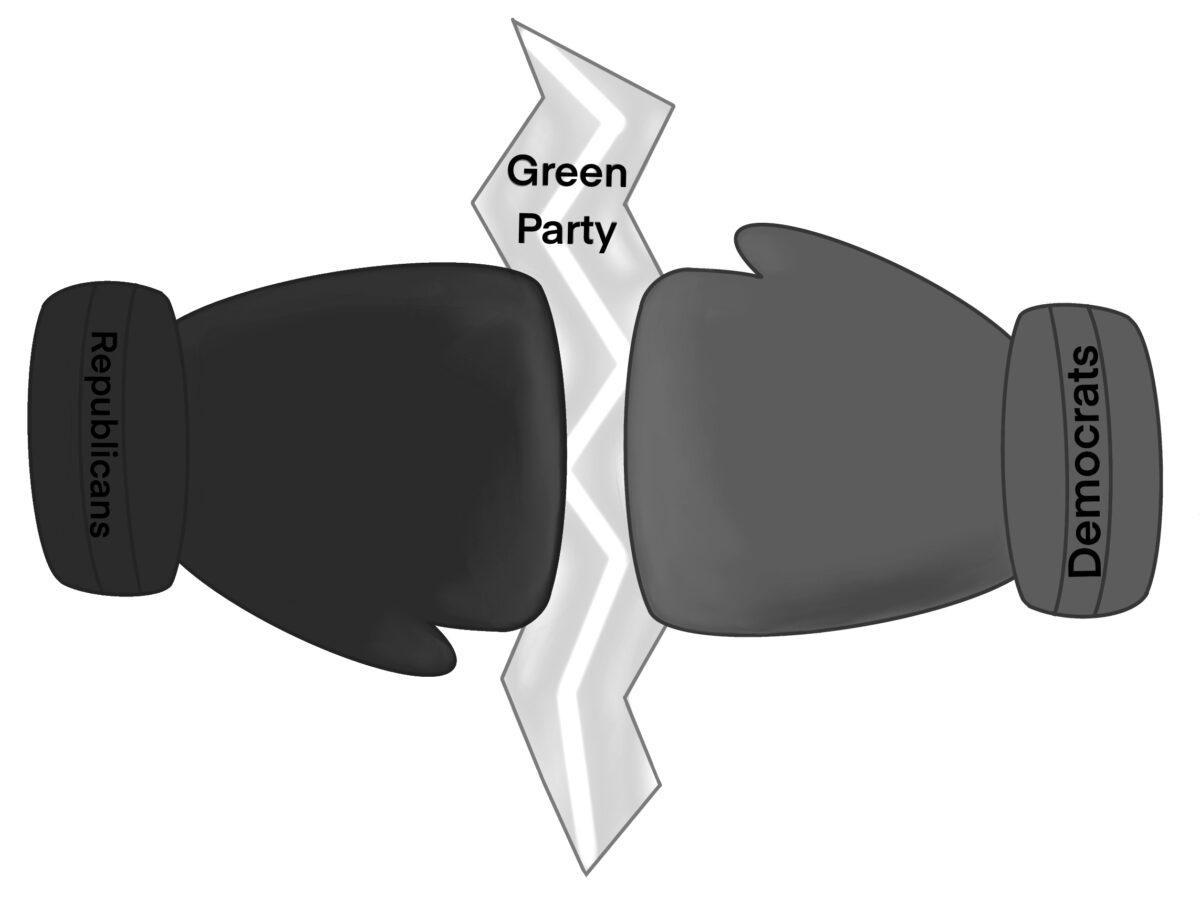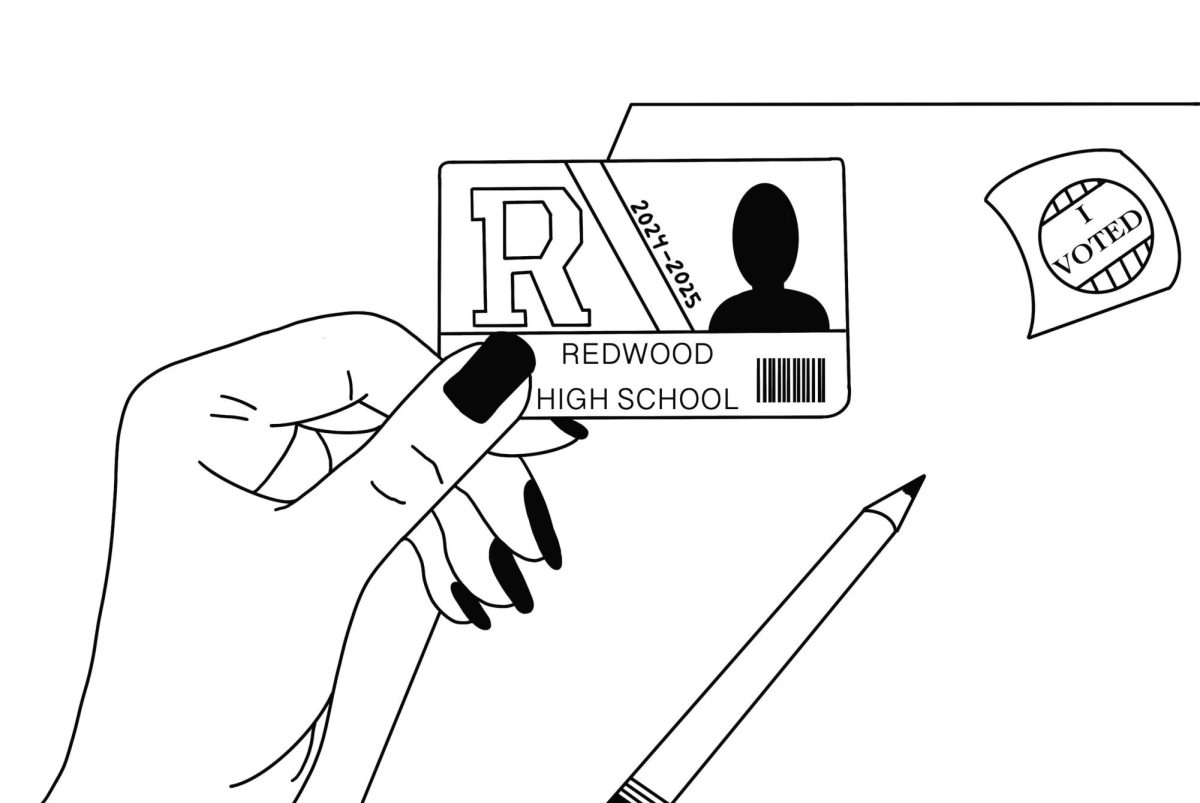
“UnPresidented” is a new weekly column discussing the transition and first days of the Trump administration.
When returning to President Trump’s pre-election stump speeches, a common thread that can be found throughout is the topic of national security. In-between berating Hillary Clinton for the oh so-infamous email scandal and the DNC for Russian hacking and Barack Obama for allowing “China to steal government secrets,” his speeches focused on the idea that when elected president, Trump would do what was best for national security.
Yet, less than a month into Trump’s presidency, these issues he had bemoaned have spiraled into disaster under his direction, leaving national security in a wholly wretched state. National Security Adviser Michael Flynn’s Monday resignation is the culmination of a nearly unprecedented lack of regard for national security, with important foreign strategy talks taking place in a dining room full of gawking faces and massive shake-ups in the National Security Council.
Flynn’s 24-day tenure as National Security Adviser does lend him some historical significance. In the entire existence of the position, Flynn holds the record for the shortest term, with his runner-up, William H. Jackson under Eisenhower, behind by more than 100 days. While Trump isn’t the one who engaged in talks about sanctions with Russian diplomats before Trump’s inauguration and misled the vice president and Justice Department officials, he does retain a certain sense of responsibility for Flynn, not only because he knew about the incidents for weeks without taking any action until the public found out.
After all, Trump was the one who nominated someone for this position with deep ties to Russia, as Flynn is a friend of the Russian ambassador to the U.S. and a recent paid speaker for Russia Today, a television network funded by the Russian government. Flynn also has a history of spreading conspiracy stories, as he retweeted the fake news story about a sex-trafficking ring run by Hillary Clinton in the back of a pizzeria and once claimed that Arabic signs along the Mexican border guide “radicalized Muslims” toward the United States. Flynn was also forced to retire from his position as the Director of the Defense Intelligence Agency in 2014 partly as a result of his at-times abusive management style and willingness to avoid the truth, characterized by the what his employees called “Flynn facts.”
In short, Flynn never should have been appointed to National Security Adviser. And with one of his appointed officials falling in disgrace less than a month after his inauguration, Trump’s judgement, especially in the realm of national security, must be questioned.
While information was coming out about the investigation of Flynn this weekend, Trump sat back for a nice weekend, playing golf with the prime minister of Japan, Shinzo Abe, at Trump’s Mar-a-lago, the Florida resort he calls his “Winter White House.” But what began as a simple business conflict of interest quickly devolved into an emergency strategy session with Abe after the news of a North Korean missile test.
One might assume, that given the highly classified nature of the subject, that Trump and Abe would conduct their meeting in a private space. Yet, under the light of iPhone flashlights and the stares of Mar-a-lago members, the meeting was conducted right in the middle of the resort’s dining room, national security not even an afterthought.
How can the man who may hold the record for most complaints about Hillary Clinton using a private email server conduct a very important foreign strategy meeting with an esteemed foreign leader out in the open, in the earshot of many without even basic clearance?
The Mar-a-lago incident is just one occurrence as Trump consistently fails to protect national security. Before Flynn’s resignation and before restaurant strategy sessions, controversy rightfully surrounded many of Trump’s actions in the field.
One such event was Trump’s appointment of former Breitbart executive chair and current chief strategist, Steve Bannon, to a permanent chair in the U.S. National Security Council, which he announced via a presidential memorandum a few weeks ago. Meanwhile, Trump removed the Director of National Intelligence and the Chairman of the Joint Chiefs of Staff, the military and intelligence advisers of the council, from their permanent status.
After easily conceivable backlash, Trump added an executive order a few days later that guaranteed the director of the CIA a regular seat on the council. Yet, Trump’s decision to include an adviser with no national security experience on the council’s “principals committee” but exclude those with actual practical knowledge and power on the issue is beyond concerning. Quite simply, Bannon has neither the expertise nor the position to require a seat on the council. And Trump’s refusal to listen to top military and intelligence officials bodes ill for future policy and action.
National security was a prominent issue on the campaign trail, but if the Trump administration continues on its current trajectory, it will without a doubt become more of a problem as the months pass. So far, Trump has demonstrated a complete lack of regard for national security that is certain to have a large impact on foreign relations and policy.







